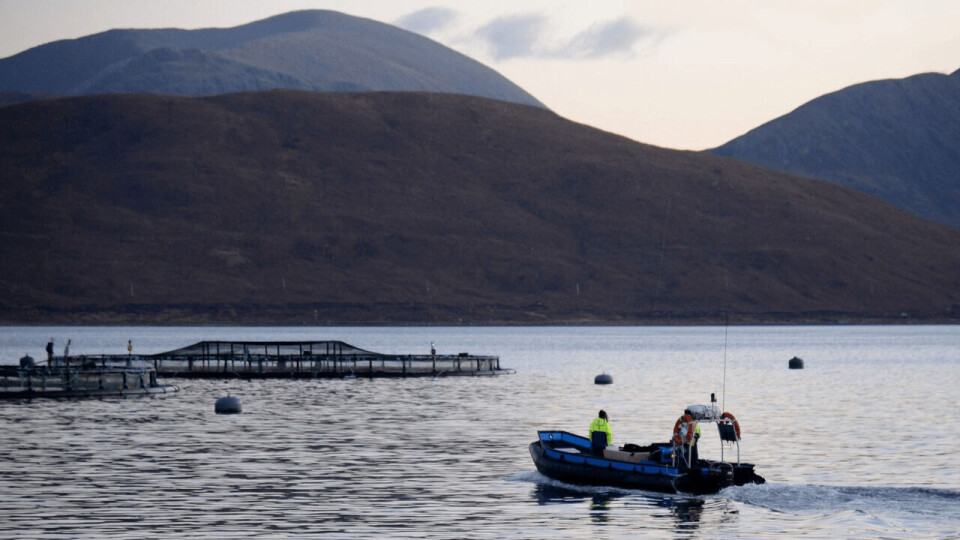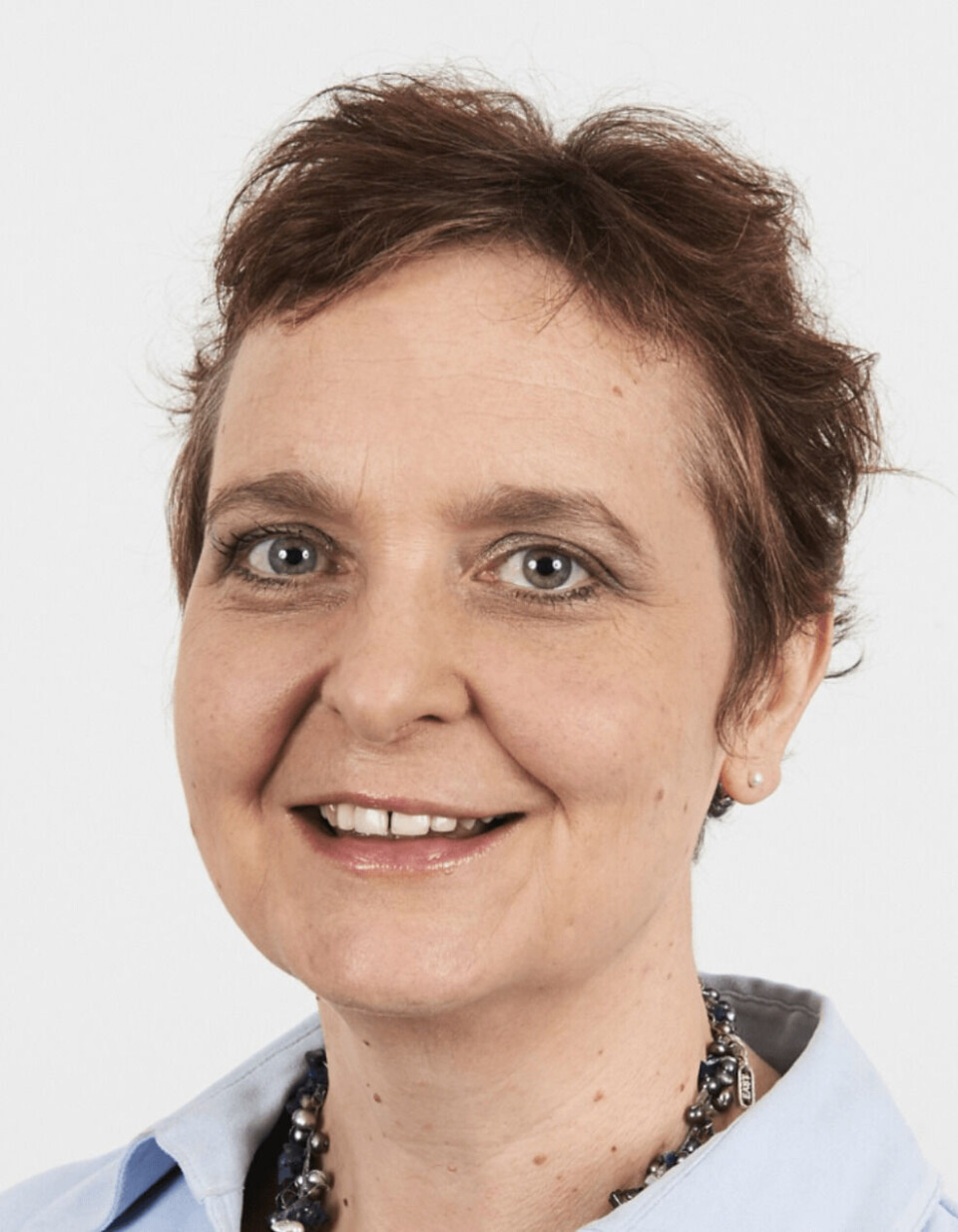
Scientists identify new tool for testing fish farm impacts
Bacterial “metabarcoding” has considerable potential for use as a cost-effective, rapid and highly sensitive tool to assess the impacts of fish farms on the surrounding area, a three-month study has shown.
The research, which used next-generation sequencing analysis, was carried out by the Scottish Association for Marine Science (SAMS) at Dunstaffnage, Oban and is one of 11 successfully completed feasibility studies financed by the UK Seafood Innovation Fund.
The studies, submitted during the fund’s inaugural round of applications, are the first to have benefited from the financial support offered by the UK Government’s £10 million fund, and propose innovative solutions to support a sustainable and resilient future the UK’s aquaculture and commercial fisheries sectors.
Sustainable feed
These projects can now apply for further funding of up to £250,000 to complete full research and development projects over the next 18 months.
The completed feasibility studies include:
- Work by the Centre for Process Innovation (CPI) in Redcar, north east England on generating sustainable fish feed products for aquaculture, using mixed microbial fermentation from inexpensive mixed and industrial waste gas streams
- A pioneering study by seaweed producer SeaGrown that proved that offshore multispecies mariculture – growing shellfish in cages alongside seaweed – is possible
- Work to identify which cutting-edge technologies could be developed to provide aquaculture operators with a digital platform for the collection and analysis of data
- “Reef Cube” containers designed and successfully deployed next to a shellfish aquaculture site to create new habitat for wild crabs and lobsters
- High pressure processing was successfully shown as a technique to manage environmental contamination levels in oysters. Use of the technique can offer oyster farmers an alternative route to market for Class C oysters that currently require cooking to maintain product safety. The process has been shown to reduce the risk of these oysters to levels which are the same as class A oysters, the highest level.

Breadth of innovation
The UK Seafood Innovation Fund is administered by the Centre for Environment, Fisheries and Aquaculture Science (Cefas) on behalf of the Department for Environment, Food and Rural Affairs (Defra).
Professor Fiona Lettice, chair of the UK Seafood Innovation Fund Steering Group and pro-vice chancellor of research and innovation at the University of East Anglia, said: “These are the UK Seafood Innovation Fund’s first completed projects, and we are proud that they showcase the breadth of innovation that the fund is here to support.
“Although the work was completed during challenging times for UK research and seafood industries, the feasibility studies’ success are a testament to the resilient nature of these sectors.”
More details about the projects can be found here.
A second round of applications closed on June 26 – with double the number of applications submitted than in the first round. The next round of successful applicants will be notified of their award by October.






















































